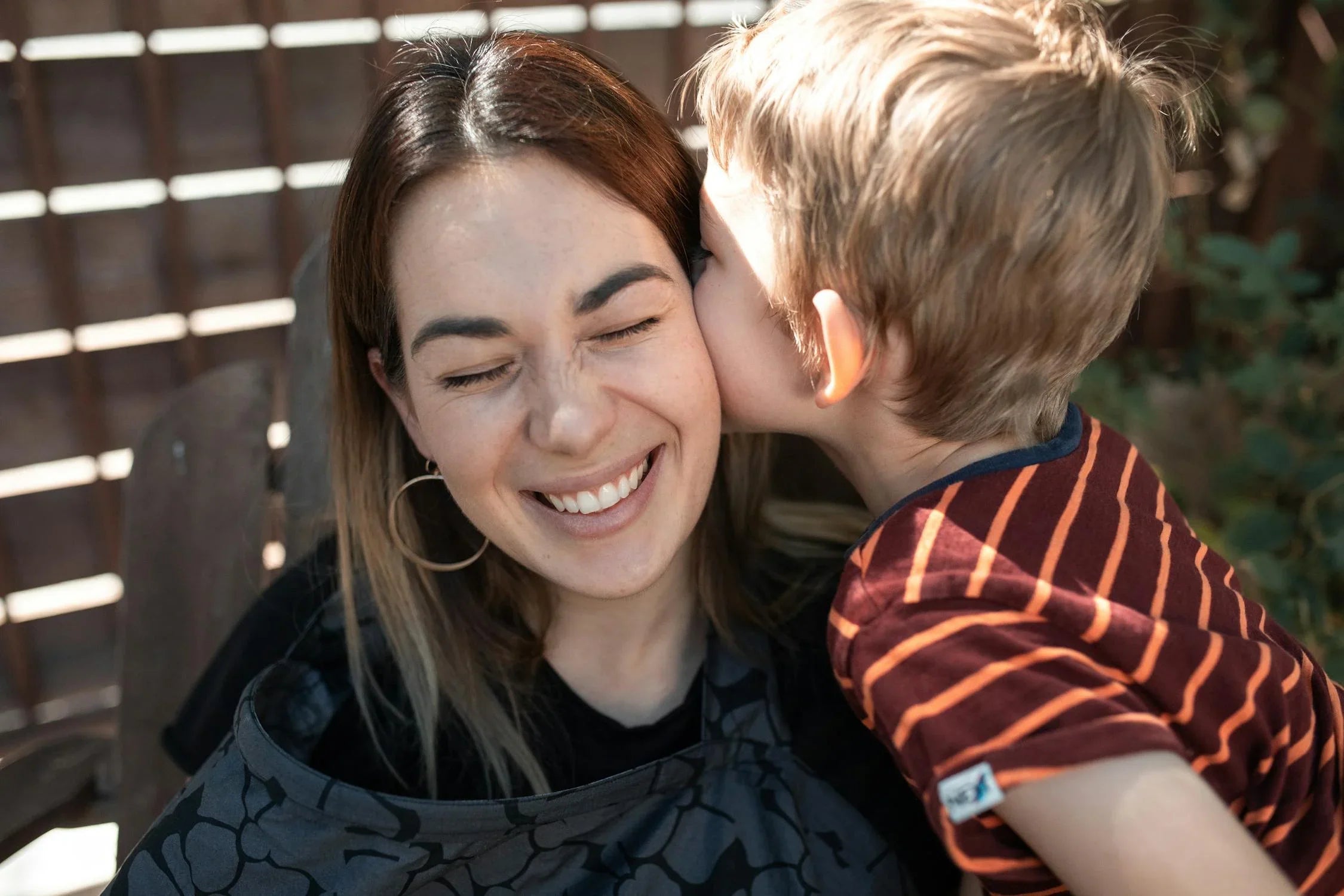Home
Pregnancy, Breastfeeding, and Pumping: The Ultimate Guide for Moms
Will You Get a Positive Pregnancy Test at 3 Weeks?

Will You Get a Positive Pregnancy Test at 3 Weeks?
Are you eagerly waiting to find out if you're pregnant? The question 'Will you get a positive pregnancy test at 3 weeks?' is one that many women ask as they navigate the early stages of potential pregnancy. Understanding the science behind pregnancy tests and the timeline of early pregnancy can help you know what to expect and when to test for the most accurate results.
Understanding Pregnancy Timing
Pregnancy is typically measured from the first day of your last menstrual period (LMP), which means that by the time you are 3 weeks pregnant, conception has only just occurred. This can be a bit confusing, as the actual fertilization of the egg happens around 2 weeks after your LMP. Therefore, at 3 weeks pregnant, you are technically only 1 week post-conception.
How Pregnancy Tests Work
Pregnancy tests detect the presence of the hormone human chorionic gonadotropin (hCG) in your urine or blood. This hormone is produced by the cells that will eventually form the placenta. After the fertilized egg implants in the uterus, hCG levels begin to rise. However, it takes some time for hCG to reach levels that can be detected by a pregnancy test.
Can You Get a Positive Test at 3 Weeks?
At 3 weeks pregnant, it is possible to get a positive pregnancy test, but it is not guaranteed. The likelihood of detecting hCG at this stage depends on several factors, including the sensitivity of the test and the timing of implantation. Some highly sensitive tests may be able to detect hCG as early as 7-10 days post-conception, which could fall within the 3-week mark. However, for many women, hCG levels may still be too low to detect at this stage.
Factors Affecting Test Accuracy
Several factors can influence the accuracy of a pregnancy test at 3 weeks. These include the sensitivity of the test, the concentration of hCG in your urine, and the timing of implantation. Implantation can occur anywhere from 6 to 12 days after ovulation, and hCG production begins only after implantation. If implantation occurs later in this window, hCG levels may not be high enough to detect at 3 weeks.
When to Test for the Most Accurate Results
For the most accurate results, it is generally recommended to wait until after you have missed your period to take a pregnancy test. This is typically around 4 weeks pregnant, or 2 weeks post-conception. By this time, hCG levels are usually high enough to be detected by most pregnancy tests. Testing too early can result in a false negative, which can be disappointing and confusing.
What to Do If You Get a Negative Test at 3 Weeks
If you take a pregnancy test at 3 weeks and get a negative result, it does not necessarily mean you are not pregnant. It may simply be too early to detect hCG. If you suspect you are pregnant, it is a good idea to wait a few days and test again. If you continue to get negative results but still have symptoms of pregnancy, consider consulting with a healthcare provider for further evaluation.
Early Pregnancy Symptoms at 3 Weeks
At 3 weeks pregnant, you may start to notice some early pregnancy symptoms, although they can be subtle. These may include mild cramping, spotting, breast tenderness, fatigue, and mood swings. However, these symptoms can also be associated with your menstrual cycle, so they are not definitive indicators of pregnancy. The most reliable way to confirm pregnancy is through a test or a visit to your healthcare provider.
The Importance of Early Prenatal Care
If you do get a positive pregnancy test at 3 weeks, it is important to start thinking about prenatal care. Early prenatal care is crucial for the health of both you and your baby. Schedule an appointment with your healthcare provider to confirm the pregnancy and discuss next steps. They can provide guidance on nutrition, lifestyle changes, and any necessary medical interventions to support a healthy pregnancy.
Navigating the early stages of pregnancy can be both exciting and nerve-wracking. While it is possible to get a positive pregnancy test at 3 weeks, it is not guaranteed. Understanding the factors that influence test accuracy and knowing when to test can help you get the most reliable results. If you suspect you are pregnant, be patient, and consider waiting a few more days before testing again. And remember, early prenatal care is key to a healthy pregnancy journey.
Share
